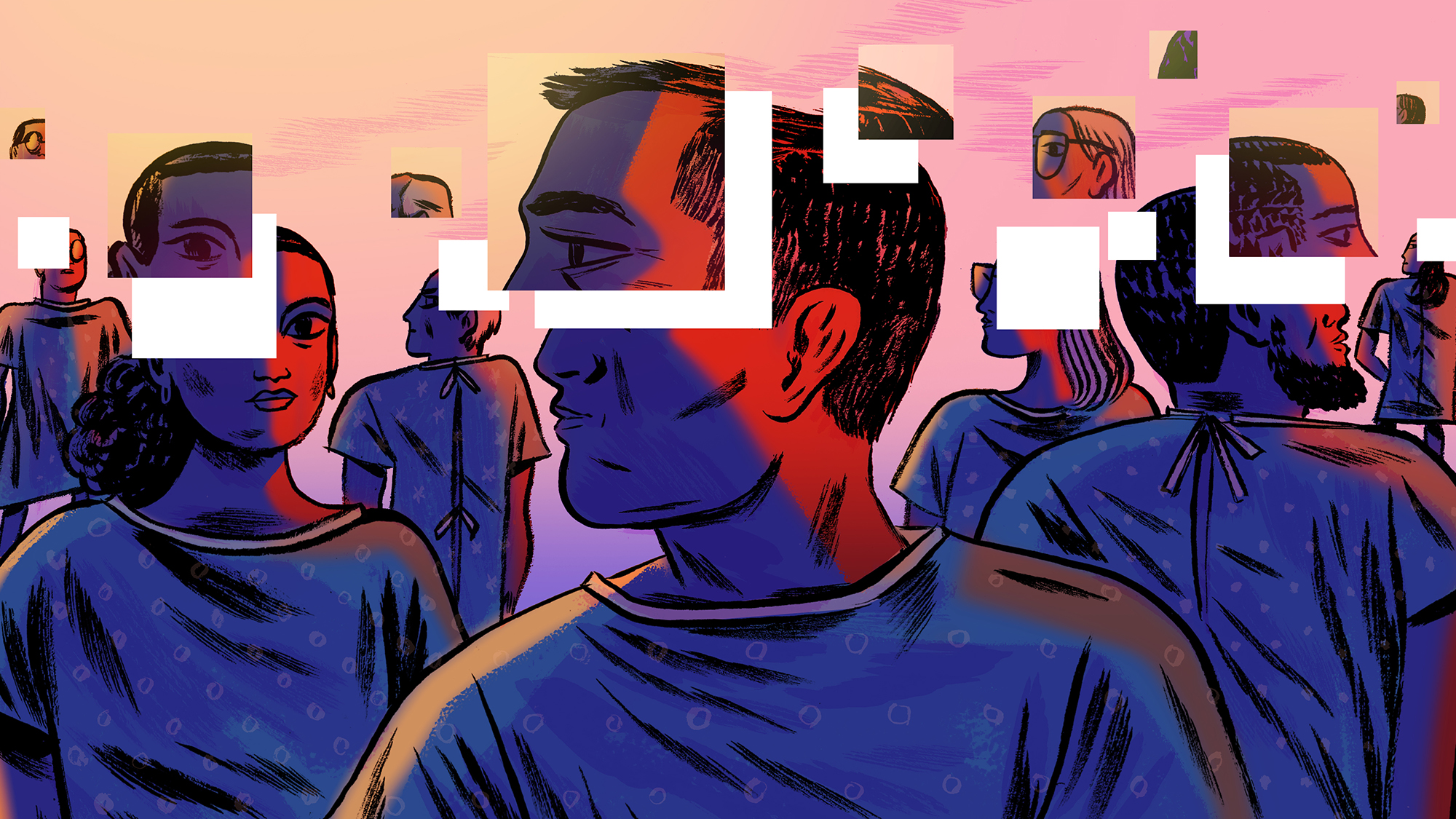The Desperate Journey of Peter Bauman: A Story of Deep Brain Stimulation and Ethical Dilemmas
By the time Peter Bauman considered deep brain stimulation (DBS), desperation had taken root. At age 49, early onset Parkinson’s disease had ravaged his life, forcing an end to his bartending career and pushing him to the brink of suicidal thoughts.
Bauman’s hopes rested on DBS, a treatment involving the insertion of an electrode connected to an external battery into the brain, emitting electrical impulses to alleviate Parkinson’s tremors. As he prepared for surgery at a Mount Sinai medical facility in midtown Manhattan in March 2020, an unexpected invitation awaited him — participation in a research study exclusive to DBS patients at Mount Sinai.
The study, known as the Living Brain Project (LBP), involved neurosurgeons taking small tissue samples from both sides of Bauman’s brain during the DBS procedures. Despite the reassurances that the biopsies posed no additional risk compared to standard DBS, Bauman, now 58, didn’t hesitate to participate. “I signed off on letting them take a little piece of my brain,” he recalled. “I just [was] kind of willing to sign anything to expedite the process, so I did.”
Unbeknownst to Bauman, the FDA had raised concerns about Mount Sinai’s brain biopsies a year earlier. Triggered by a device manufacturer’s request to modify an electrode for the Living Brain Project, the FDA had begun reviewing the procedures, initially approved in 2013 for a limited study on DBS for treatment-resistant depression.
Bauman’s journey reflects the complexities of medical ethics, where desperate patients navigate treatments with uncertain risks in the hope of reclaiming their lives.















































